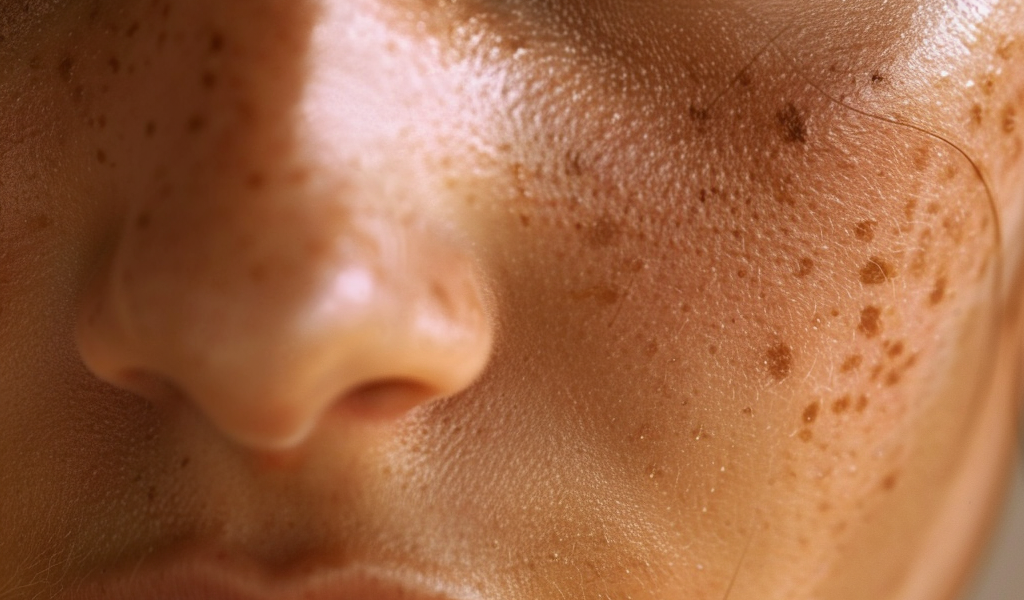Dark circles under the eyes are a common concern for many people, often attributed to lack of sleep or stress. However, these under-eye shadows can also be indicative of underlying health issues or medical conditions that require attention.
While fatigue and stress can certainly contribute to the appearance of dark circles, other factors such as allergies, dehydration, and genetics play a role as well. Allergies can cause the blood vessels under the eyes to dilate, leading to a darkened appearance. Dehydration can make the skin under the eyes appear sunken and shadowed. Genetics also play a significant role in determining the thickness of the skin under the eyes and the visibility of blood vessels.
Medical conditions such as anemia, thyroid issues, or liver problems can also manifest as dark circles under the eyes. Anemia, a condition characterized by low levels of red blood cells, can lead to a paler skin tone, making dark circles more prominent. Thyroid issues can cause changes in skin texture and tone, while liver problems can result in jaundice, a yellowing of the skin that can accentuate dark circles.
If you are concerned about persistent dark circles under your eyes, it is important to consult with a healthcare provider to rule out any underlying health issues. Addressing the root cause of the dark circles is essential for effective treatment and management. In some cases, lifestyle changes such as improving sleep habits, staying hydrated, and managing stress can help reduce the appearance of dark circles.
Remember, while dark circles under the eyes are often considered a cosmetic concern, they can also serve as a valuable indicator of your overall health. Paying attention to changes in your skin and seeking medical advice when necessary can help you maintain your well-being and address any underlying issues that may be contributing to the appearance of dark circles.





